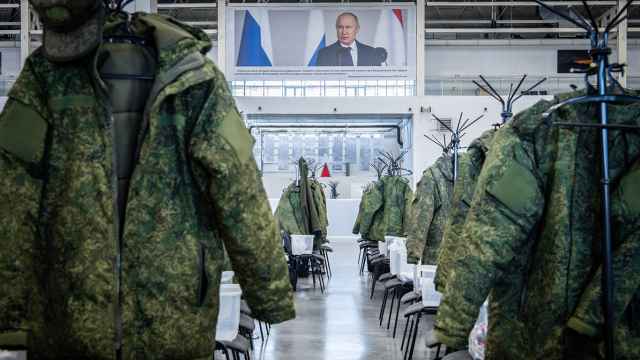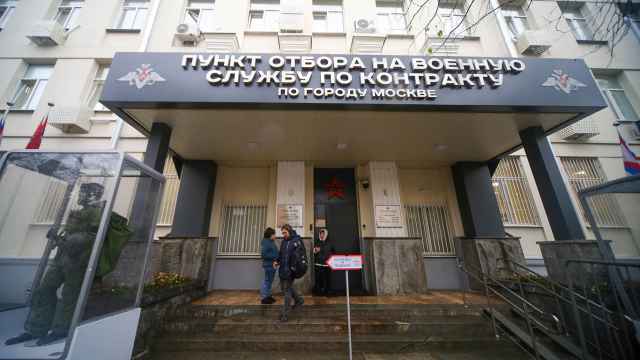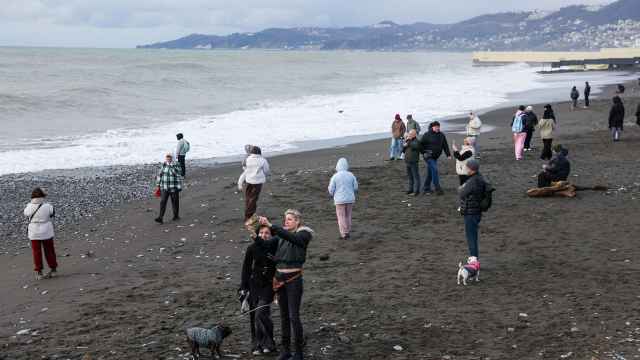An Italian company has taken over as contractor to the increasingly drawn-out and publicly lambasted Dynamo football stadium project in Moscow.
Italian developer Codest International was contracted last week to build the new 27,000-seater stadium in Petrovsky Park, the Dynamo Management Company said in an online statement.
The contract with Codest's predecessor, French civil engineering company Vinci Construction Grands Project, was canceled by mutual consent in May following contractual disputes with the management company.
The deal is worth 520 million euros ($707 million), and in addition to the stadium covers a multipurpose arena with 12,000 seats, a shopping mall, underground parking and a museum devoted to the Dynamo Moscow football team, Kommersant reported.
Codest, part of the Rizzani De Eccher construction group, expects to complete the stadium in October 2017. The contractor was already involved in the the wider VTB Arena Park project, having signed a $536 million contract in 2011 to build a hotel, apartments and offices in the stadium's vicinity.
Dynamo's stadium was closed six years ago and demolished three years later, forcing the club to play its home fixtures at the Khimki Arena in the Moscow region.
Numerous snags have since delayed the rebuilding of the stadium, much to the annoyance of the club's increasingly disgruntled fans, who want to return to their home base of 80 years.
Even President Vladimir Putin's annual call-in show in April was inundated this year with questions from Dynamo fans who wanted to know how construction was progressing.
The stadium, whose naming rights are owned by VTB, the banking group that sponsors the football club, will not be used as one of the venues for the 2018 FIFA World Cup in Russia.
See also:
Zenit Fan Who Punched Dynamo Moscow Player Arrested
A Message from The Moscow Times:
Dear readers,
We are facing unprecedented challenges. Russia's Prosecutor General's Office has designated The Moscow Times as an "undesirable" organization, criminalizing our work and putting our staff at risk of prosecution. This follows our earlier unjust labeling as a "foreign agent."
These actions are direct attempts to silence independent journalism in Russia. The authorities claim our work "discredits the decisions of the Russian leadership." We see things differently: we strive to provide accurate, unbiased reporting on Russia.
We, the journalists of The Moscow Times, refuse to be silenced. But to continue our work, we need your help.
Your support, no matter how small, makes a world of difference. If you can, please support us monthly starting from just $2. It's quick to set up, and every contribution makes a significant impact.
By supporting The Moscow Times, you're defending open, independent journalism in the face of repression. Thank you for standing with us.
Remind me later.






